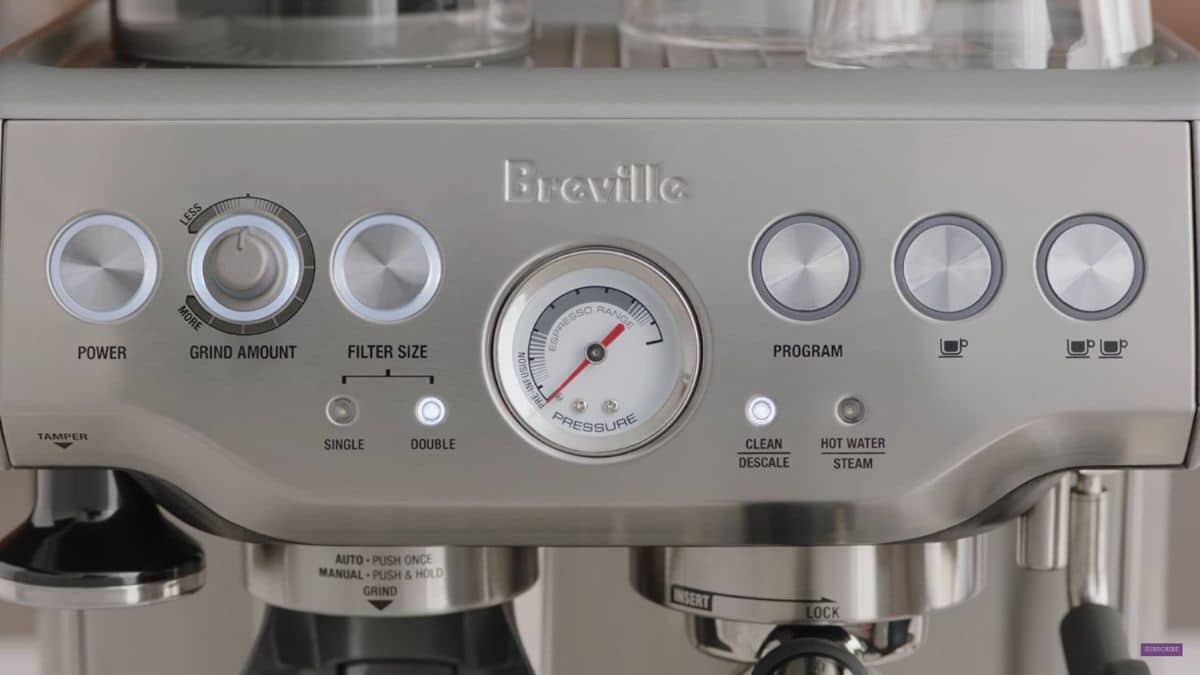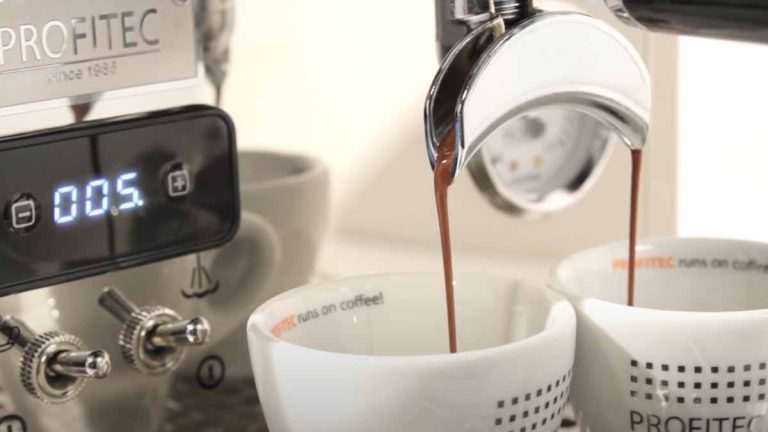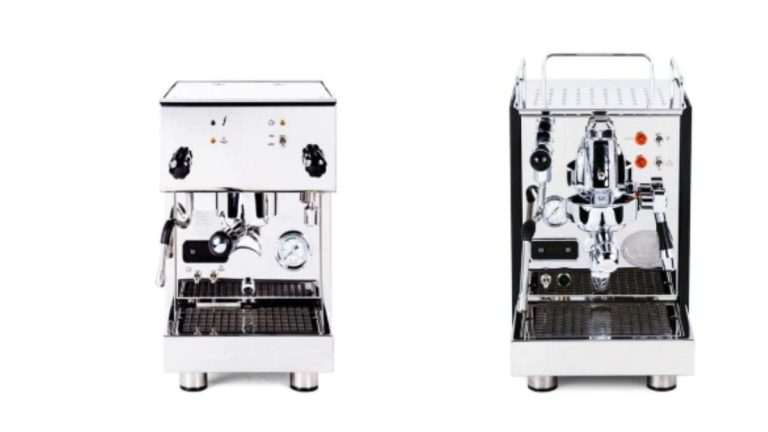Breville cleaning cycle not working
Breville coffee makers are renowned for their superior build quality, reliability, and cutting-edge functionality. The cleaning cycle feature is one such element that ensures maintenance of the machine’s cleanliness and functionality. Optimizing the machine’s performance and extending its lifespan requires regular cleaning. However, a broken cleaning cycle might be annoying and impair the machine’s functionality.
Potential Causes of the Problem
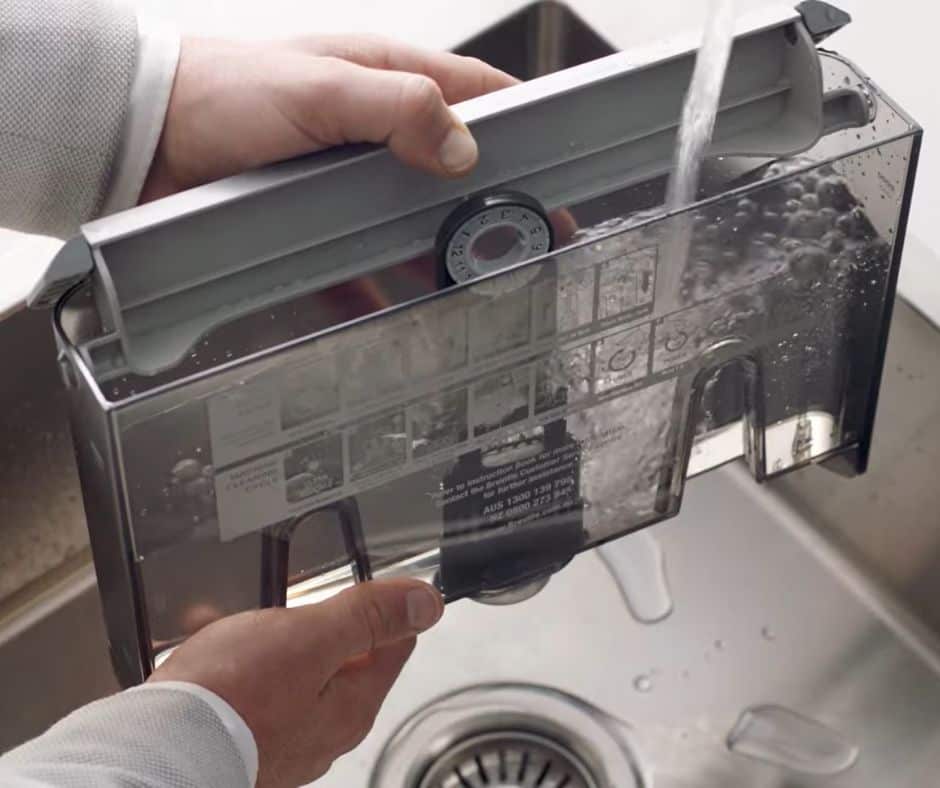
A failing cleaning cycle may have a number of possible causes, such as calcium accumulation, blockage in the cleaning cycle system, problems with the water tank or water filter, or programming errors.
Troubleshooting Steps
To help resolve the problem, running the cleaning cycle several times, checking the water tank and water filter for obstructions or problems, cleaning the appliance manually, descaling the appliance to remove calcium buildup, resetting the appliance to its factory settings, and contacting Breville customer service if the problem persists, are possible steps to take.
Prevention Tips
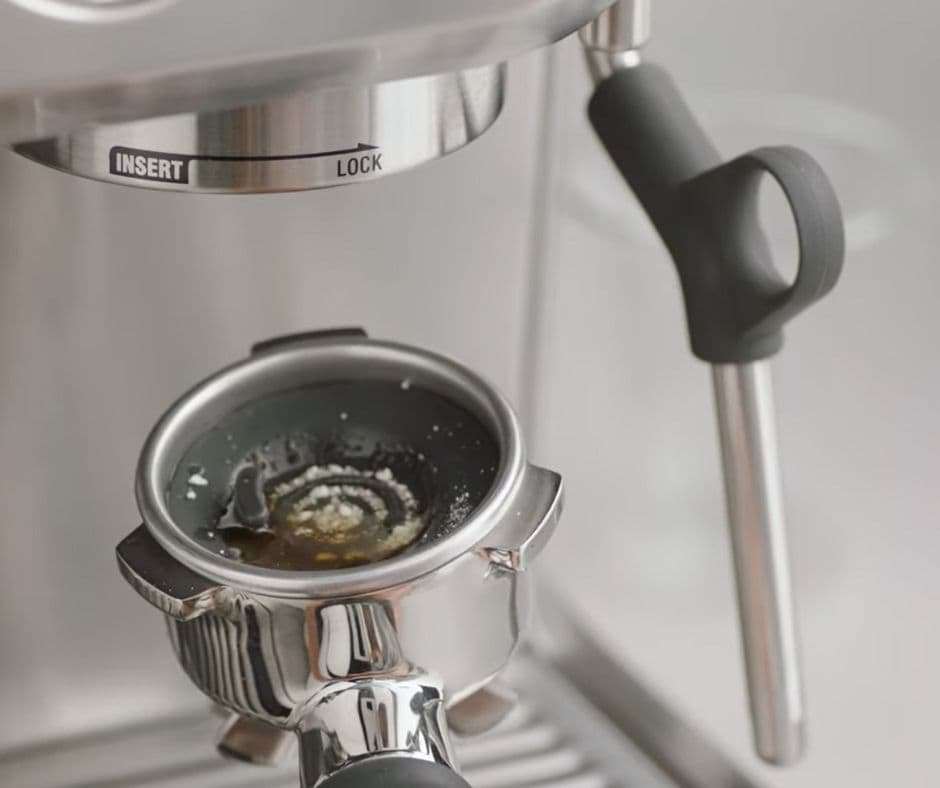
It is crucial to routinely clean and maintain the machine, use filtered or bottled water, and descale the unit to prevent calcium accumulation on a regular basis to prevent a cleaning cycle from malfunctioning.
Conclusion
Finally, a broken Breville cleaning cycle might be annoying, but there are possible causes and troubleshooting techniques to fix the problem. The performance and lifetime of the machine can be increased by conducting routine maintenance and by adhering to preventive measures. If the problem continues, it’s crucial to get in touch with Breville customer support.
Q: What is the Breville cleaning cycle function?
A: Breville coffee makers have a feature called the cleaning cycle that aids its maintenance, cleanliness and functionality. It is an automated cleaning procedure that clears the machine of any lingering coffee, oil, or mineral buildup.
Q: What causes the Breville cleaning cycle to malfunction?
A: Blockage in the mechanism that controls the cleaning cycle, calcium buildup, problems with the water tank or water filter, or programming errors all have the potential to cause a faulty cleaning cycle.
Q: What are the troubleshooting steps for a malfunctioning Breville cleaning cycle?
A: Running the cleaning cycle repeatedly, checking the water tank and water filter for obstructions or problems, cleaning the machine manually, descaling the machine to remove calcium buildup, resetting the machine to its factory settings, and contacting Breville customer service if the problem persists are all steps in the troubleshooting process for a broken cleaning cycle.
Q: How often should I clean my Breville coffee machine?
A:It is advised that you clean your Breville coffee maker once a week, or at least after every usage. A malfunctioning cleaning cycle can be avoided with regular cleaning and maintenance, which also helps to increase machine longevity.
Q: What can I do to prevent a malfunctioning Breville cleaning cycle?
A:It is crucial that you ensure routine cleaning and maintenance of the machine. Use filtered or bottled water, and descale the unit to limit calcium accumulation on a regular basis to prevent the cleaning cycle from malfunctioning.
Q: What should I do if the troubleshooting steps do not resolve the issue?
A: It is advised to get in touch with Breville customer service for support if the troubleshooting techniques do not resolve the issue. If necessary, they can make arrangements for a repair or replacement or offer more insight.
Q: Is it safe to use my Breville coffee machine if the cleaning cycle is not working?
A: If the cleaning cycle on your Breville coffee maker is not functioning, utilizing the appliance is not advisable as this could reduce its performance and lifespan. Before using the device once more, the problem must be fixed.

